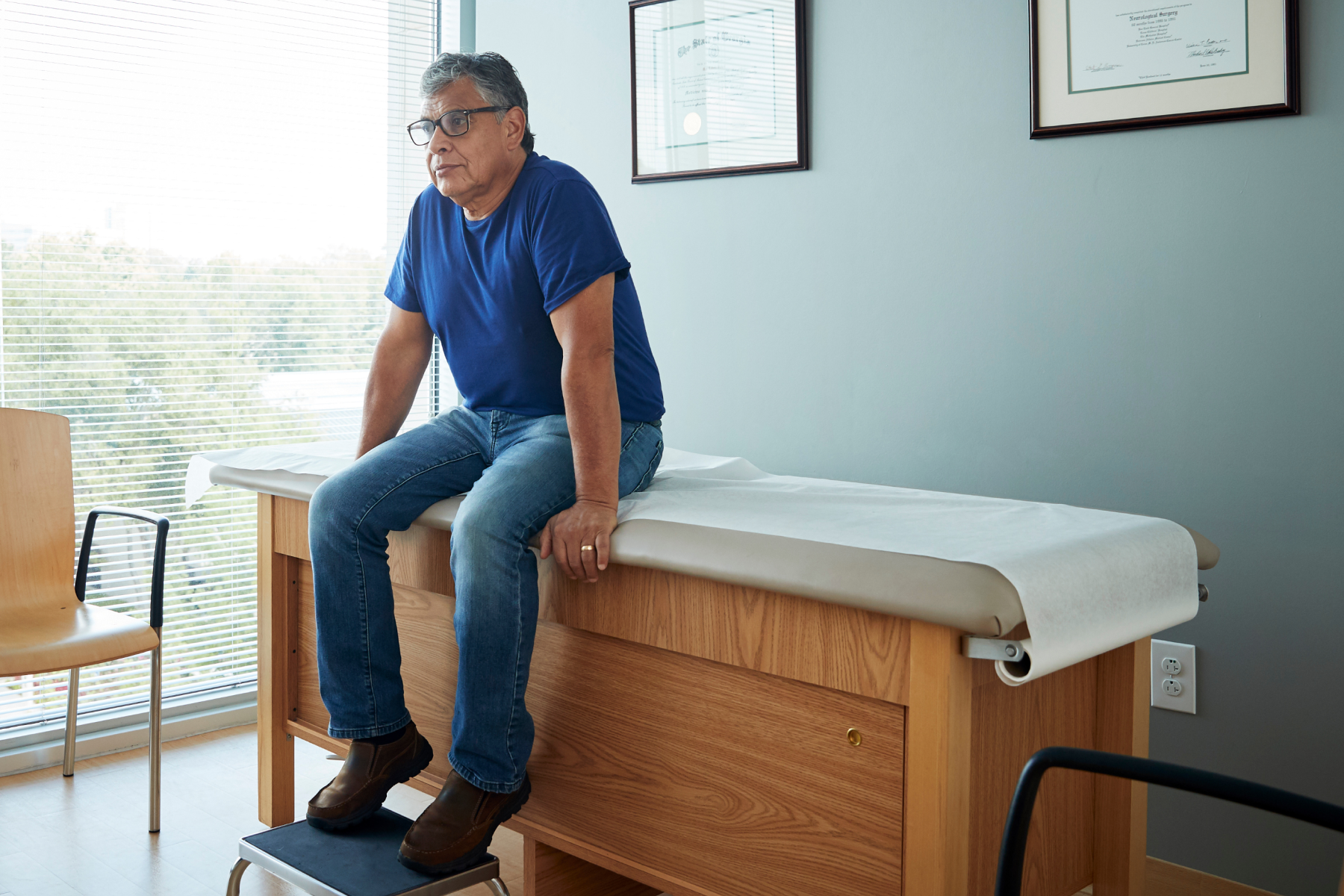Popular
Colorectal Cancer Q&A
Published March 22, 2023
Popular
Published March 22, 2023

It used to be that colorectal cancer was something you didn’t have to think about until your 50s. That’s changed in recent years as doctors see more and more cases in people in their 20s, 30s, and 40s. The good news is that it’s still a very preventable and treatable cancer.
It’s cancer that starts either in your colon (colon cancer) or rectum (rectal cancer). Those are the last two sections of your large intestine. Colorectal cancer is the third most common cancer in the United States, not including skin cancer.
We don’t know for sure, but you’re at higher risk for it if you:
Check with your doctor. Generally, the American Cancer Society recommends you start testing at age 45. But if you’re at higher risk for it, you might start earlier.
Getting tested regularly can help find the disease early, before it even turns into cancer. The earlier you catch it, the more successful your treatment.
There are a few different ways.
FIT is an easy and effective test you do at home. You take a stool (poop) sample and send it to a lab. They check for blood in your stool, which could be a sign of cancer. You take the FIT test yearly.
Cologuard is another at-home stool test. It checks your stool for even tiny amounts of blood. It also looks at colon cells for certain changes in the DNA (genes) that could be a sign of cancer. You get this test every 3 years.
Colonoscopy uses a long, flexible tube with a camera attached to it. It goes in your rectum and colon to look for polyps or growths that might be cancer. You have to prepare a few days in advance to empty out your colon, and you’ll get medications so you won’t be fully awake for the procedure. You get a colonoscopy every 5 to 10 years, depending on the results.
It depends on your preference and your risk for colorectal cancer. A colonoscopy is more complicated than the other tests and you don’t always need one. For most people, FIT is a great option because it’s easy and effective.